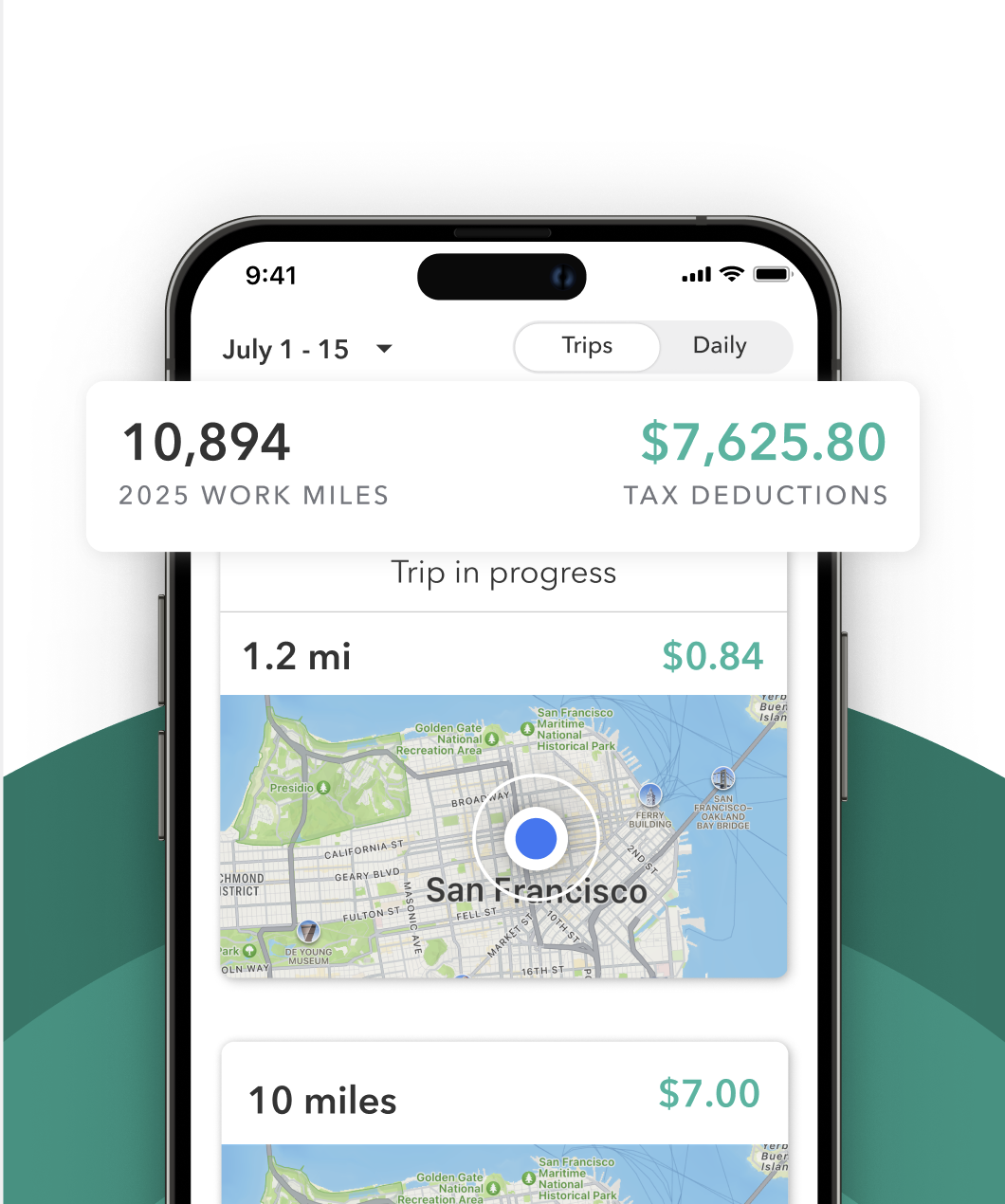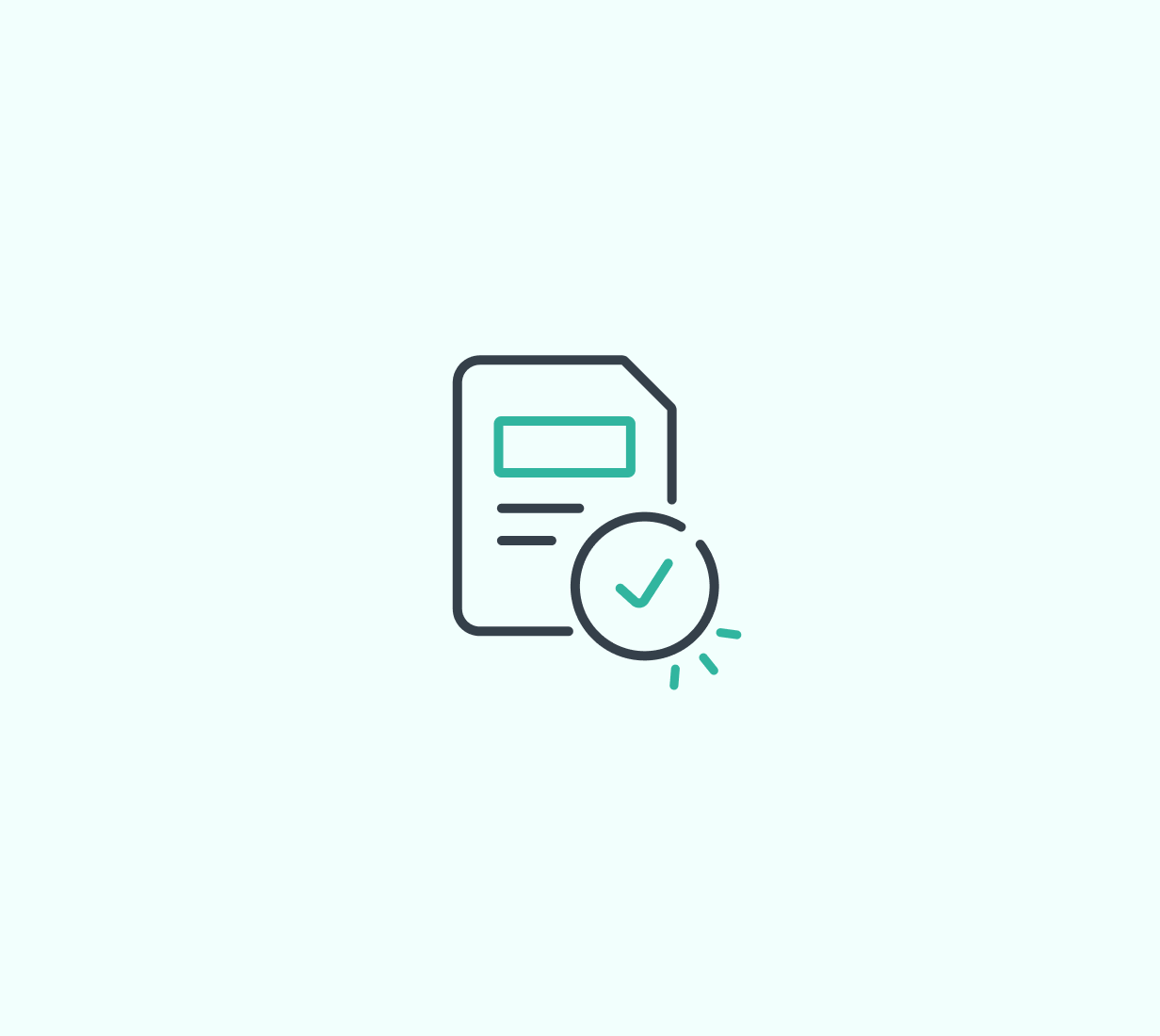Working on Thumbtack gives you freedom, flexibility, and control over your income. But it also means you are self employed. That changes how you handle your taxes. You are now in charge of tracking your income, keeping receipts, claiming deductions, and paying taxes on your own. If this is your first time working as an independent contractor, the tax process might feel confusing.
This guide explains everything you need to know as a Thumbtack pro: how taxes work, what forms to expect, what deductions you can claim, and how to stay organized throughout the year.
Are Thumbtack pros self employed?
Yes. Thumbtack treats pros as independent contractors. You are not an employee of Thumbtack.
This means:
- You do not receive a W-2
- Thumbtack does not withhold taxes from your pay
- You are responsible for paying income tax and self employment tax
Self employment tax covers Social Security and Medicare. It is currently 15.3 percent of your net earnings after expenses. This tax is in addition to your normal income tax.
What tax forms will I get from Thumbtack?
Thumbtack may send you one of two forms, depending on how you were paid and whether you met certain reporting thresholds.
1099-K
You may receive a 1099-K if:
- You were paid through Thumbtack’s payment platform
- You met the IRS or state threshold for reporting
Some states have lower thresholds than the federal level. Thumbtack must follow the rules of your state.
1099-NEC
You may receive a 1099-NEC if you were paid directly by Thumbtack for promotions, programs, or incentives.
Many Thumbtack pros will not receive this form, but it is possible in certain cases.
What if I do not receive any form?
Even if you do not receive a tax form, your income is still taxable. You must report all earnings. The IRS requires you to report self employment income of any amount, even if it is $50 or $200.
Where can I find my Thumbtack tax documents?
Thumbtack usually issues tax documents by January 31. You can find them by:
- Logging into your Thumbtack pro account
- Going to your account or settings section
- Looking for “Tax documents” or “Payment history”
- Downloading the form if it is available
Thumbtack may also send forms by email or postal mail.
If you believe you should have received a form and do not see one, contact Thumbtack support.
What happens if I do not report my Thumbtack income?
If you receive a 1099, Thumbtack also sends a copy to the IRS. If you file your taxes without including that income, the IRS may send you a notice and charge penalties or interest.
Even if you did not receive a 1099, you must still report your income. Not reporting it can lead to:
- Late payment penalties
- Interest on taxes owed
- A higher risk of an audit
Honest reporting protects you and keeps your business compliant.
What taxes do Thumbtack pros have to pay?
As a self employed worker, you are responsible for two main taxes.
Income tax
This is based on your total income and your filing status. Thumbtack income is added to your other income for the year, such as a W-2 job or other gig work.
Self employment tax
This covers Social Security and Medicare. The current rate is 15.3 percent of your net profit.
Some states also have state income tax.
Do I have to file taxes if I made less than $600 on Thumbtack?
Yes. The $600 rule only determines whether Thumbtack must send you a 1099. It does not change your responsibility to report income.
All self employment income is taxable.
Do Thumbtack pros need to make quarterly estimated tax payments?
Most self employed workers need to make quarterly tax payments if they expect to owe $1,000 or more for the year.
Quarterly tax deadlines are:
- April 15
- June 15
- September 15
- January 15 of the following year
A simple rule of thumb: set aside 25 to 30 percent of your Thumbtack income to cover your taxes. You can pay these estimates through IRS.gov.
Can Thumbtack pros claim deductions?
Yes. You should claim every Thumbtack tax deduction you qualify for. Deductions lower your taxable income and reduce the amount of tax you owe. Common deductions for Thumbtack pros include:
Mileage
Mileage is often the largest deduction for pros who travel to customer homes, job sites, or stores. You can use:
- The standard mileage rate or
- The actual expenses method
Most pros prefer the standard mileage rate because it is simple and usually gives a strong deduction.
Phone and data costs
You can deduct the percentage of your phone bill used for business. Thumbtack messaging, customer calls, and app use all count as business use.
Supplies and materials
Any materials you purchase to complete customer jobs can be deducted. Examples include:
- Cleaning supplies
- Hardware
- Craft materials
- Tools
- Protective equipment
- Photography props
Home office
If you have a dedicated workspace you use only for your business, you may qualify for the home office deduction.
Insurance
This includes:
- General liability insurance
- Professional liability insurance
- Equipment insurance
- Health insurance (in qualifying situations)
Equipment
Laptops, tools, cameras, lighting, software, and other business equipment can be deducted or depreciated.
Other common deductions
- Tolls and parking
- Marketing and advertising
- Website costs
- Payment processing fees
- Business licenses
Claiming deductions helps you keep more of your earnings.
How to track your income and expenses
The easiest way to stay organized is to track everything throughout the year. Good habits make tax season simple.
You should keep:
- Mileage logs
- Receipts for supplies and materials
- Copies of invoices or payments
- A list of all income sources
- Notes on business use of your phone and internet
Using a tracking app for Thumbtack like Everlance helps you automate mileage tracking, store receipts, and export IRS ready reports.
How to file taxes as a Thumbtack pro
When it is time to file, you will use these forms:
- Form 1040: main personal tax return
- Schedule C: reports your self employment income and expenses
- Schedule SE: calculates your self employment tax
On Schedule C, you will list:
- Your total income from Thumbtack
- Your deductible expenses
- Your net profit
Your net profit flows into your 1040 and triggers self employment tax on Schedule SE.
You can file taxes using software, by hand, or with a tax professional. Many Thumbtack pros use tracking apps to create accurate reports before filing.
What if I work on multiple platforms?
You still file only one Schedule C. Combine all of your business income and all of your expenses into the same form.
Examples of platforms that may also send tax forms:
- Taskrabbit
- Fiverr
- Upwork
- Handy
- DoorDash or Instacart if you deliver part time
Just make sure not to double count any expenses.
Common mistakes Thumbtack pros should avoid
Many first time pros run into problems because they do not understand their tax responsibilities. Avoid these common issues:
- Not tracking mileage from day one
- Mixing personal and business expenses
- Thinking income under $600 is tax free
- Forgetting to deduct phone and supply costs
- Missing quarterly tax payments
- Waiting until April to get organized
You are running your own business. That means your records matter.
Final thoughts
Working on Thumbtack gives you control over your time and your income. It also makes you responsible for your own taxes. The more you understand what to expect, the easier tax season becomes.
Track your income, record your expenses, claim your deductions, and stay organized year round. Once you get into a rhythm, filing taxes as a Thumbtack pro becomes much more manageable.











